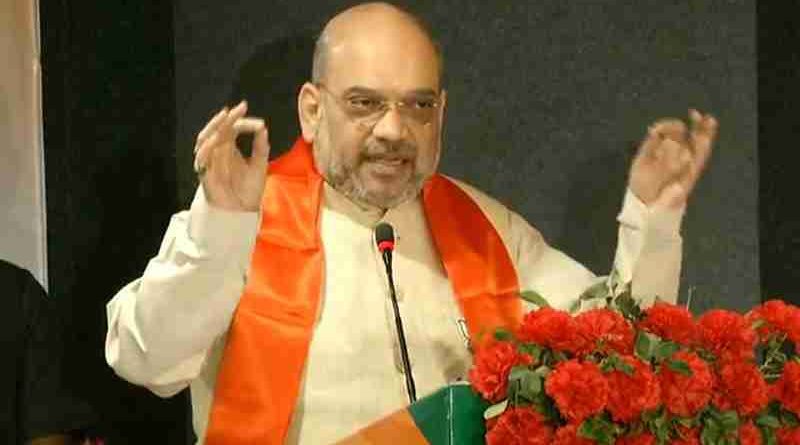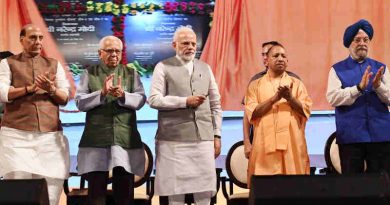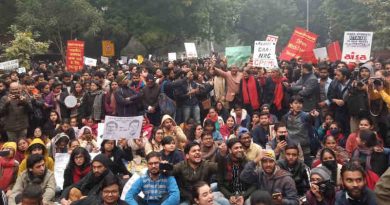Muslim League Files Petition in Supreme Court Against Citizenship Bill

Indian Union Muslim League (IUML) has filed a petition in the Supreme Court of India today to challenge the Citizenship (Amendment) Bill (CAB) 2019 that was passed in the Parliament on Wednesday (December 11).
Senior Congress leader and advocate Kapil Sibal will represent IUML in the Supreme Court. In its petition, IUML has appealed to declare the Bill as illegal and void because it is based on a religious criteria excluding Muslims to grant citizenship to the people of different countries.
While seeking stay on the operation of the Citizenship Amendment Act, the petition asserts that the Act violates Article 14 and Article 21 of the Constitution.
During the introduction of the Bill in Rajya Sabha, Union Minister for Home Affairs Amit Shah said that the Citizenship (Amendment) Bill 2019 will give a new ray of hope to persons belonging to Hindu, Sikh, Buddhist, Jain, Parsi, and Christian communities who have migrated to India after facing persecution on the ground of religion in Pakistan, Afghanistan, and Bangladesh.
Shah added that the Bill is not against any Minority in India and the rights of each Indian Citizen will be equally protected. He said that Narendra Modi government is committed to protect rights of each citizen of the country.
Meanwhile, the U.S. Commission on International Religious Freedom (USCIRF) says it is deeply troubled by the passage of the Citizenship (Amendment) Bill (CAB), given the religion criterion in the bill. The United States government should consider sanctions against the Home Minister Amit Shah and other principal leadership, USCIRF said in its statement.
According to the statement, the CAB enshrines a pathway to citizenship for immigrants that specifically excludes Muslims, setting a legal criterion for citizenship based on religion.
The CAB is a dangerous turn in the wrong direction; it runs counter to India’s rich history of secular pluralism and the Indian Constitution, which guarantees equality before the law regardless of faith, the USCIRF statement said.






